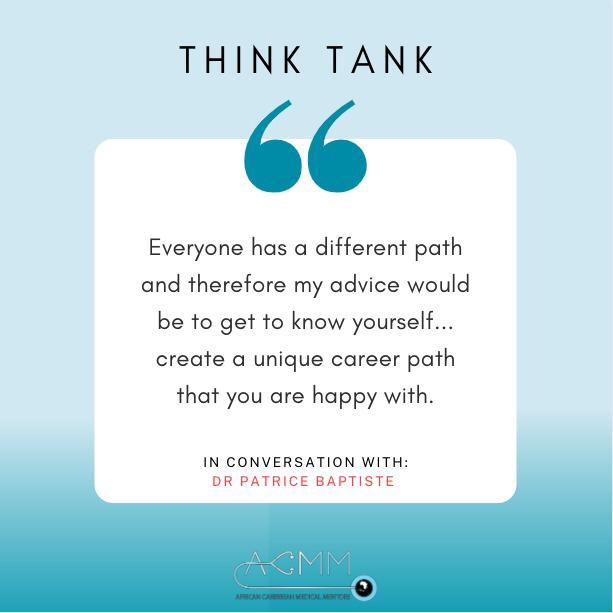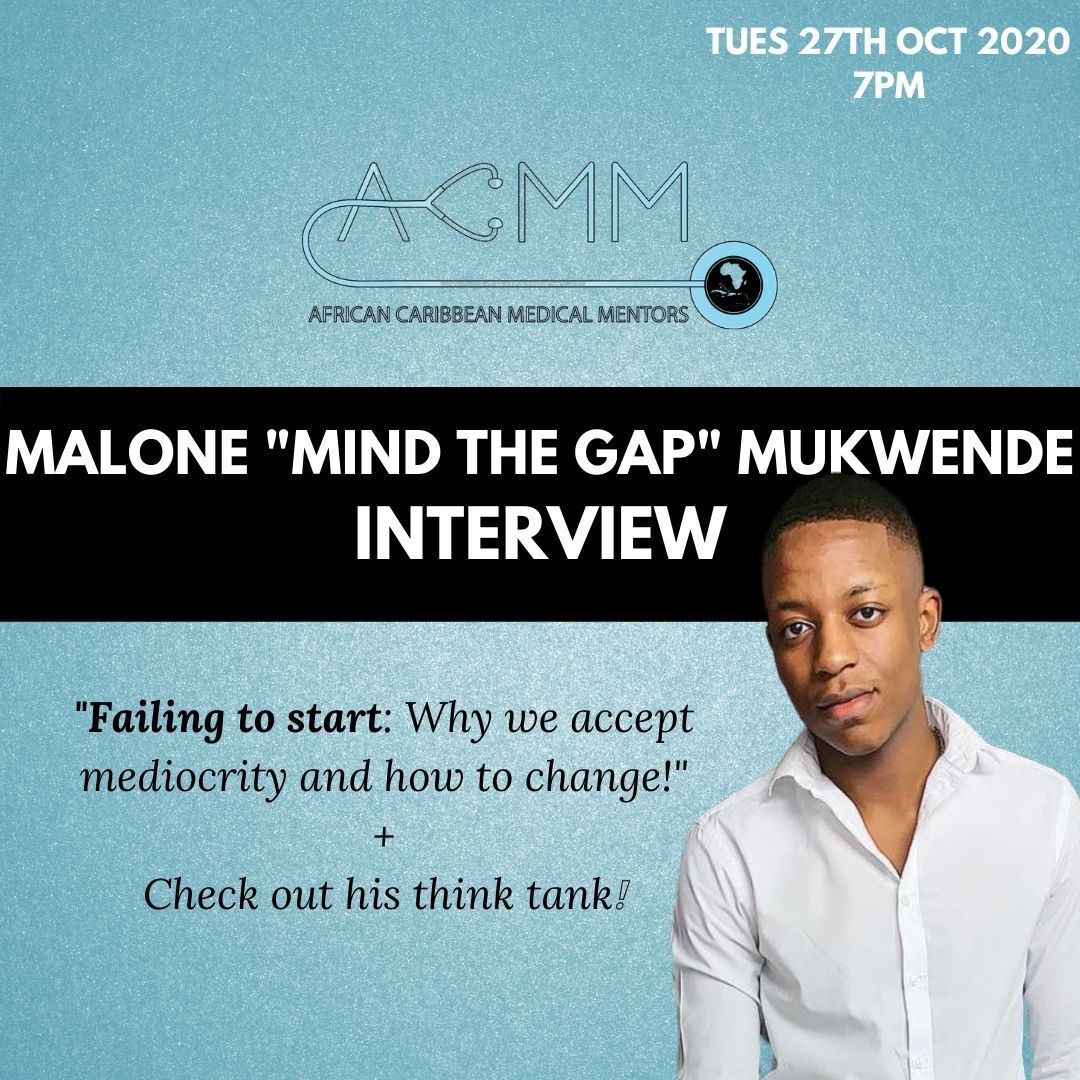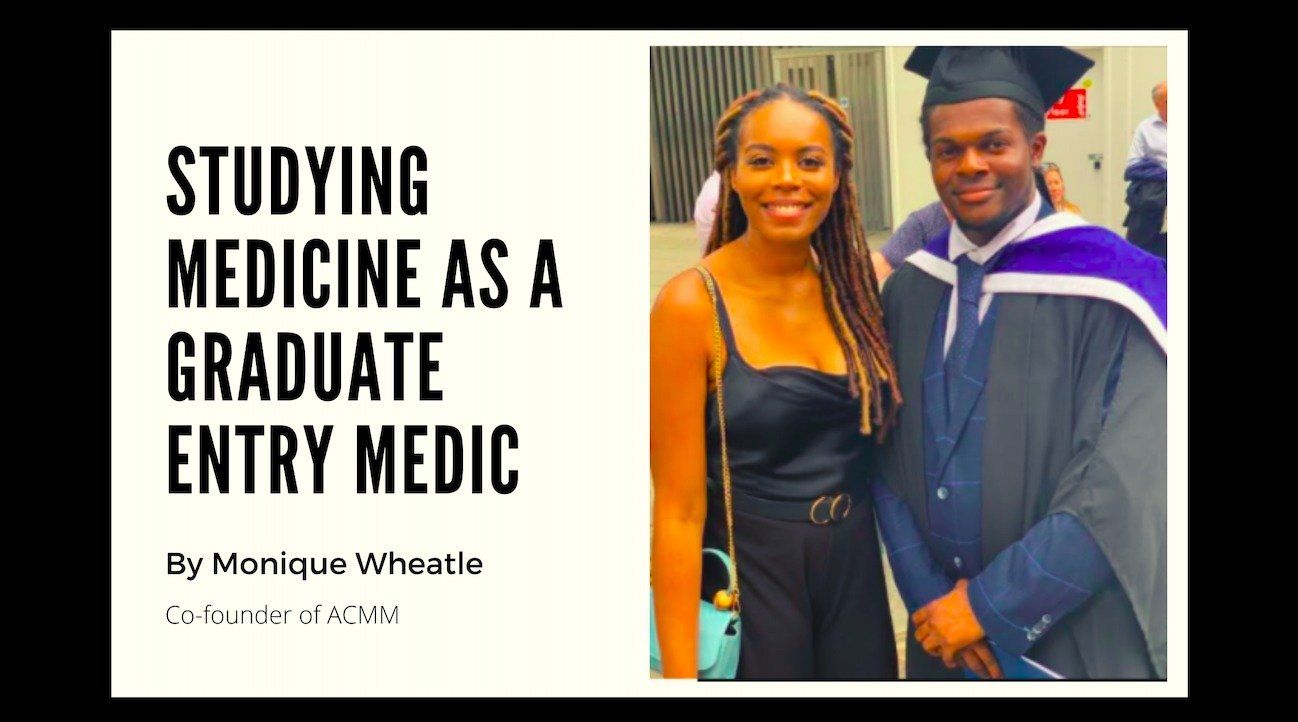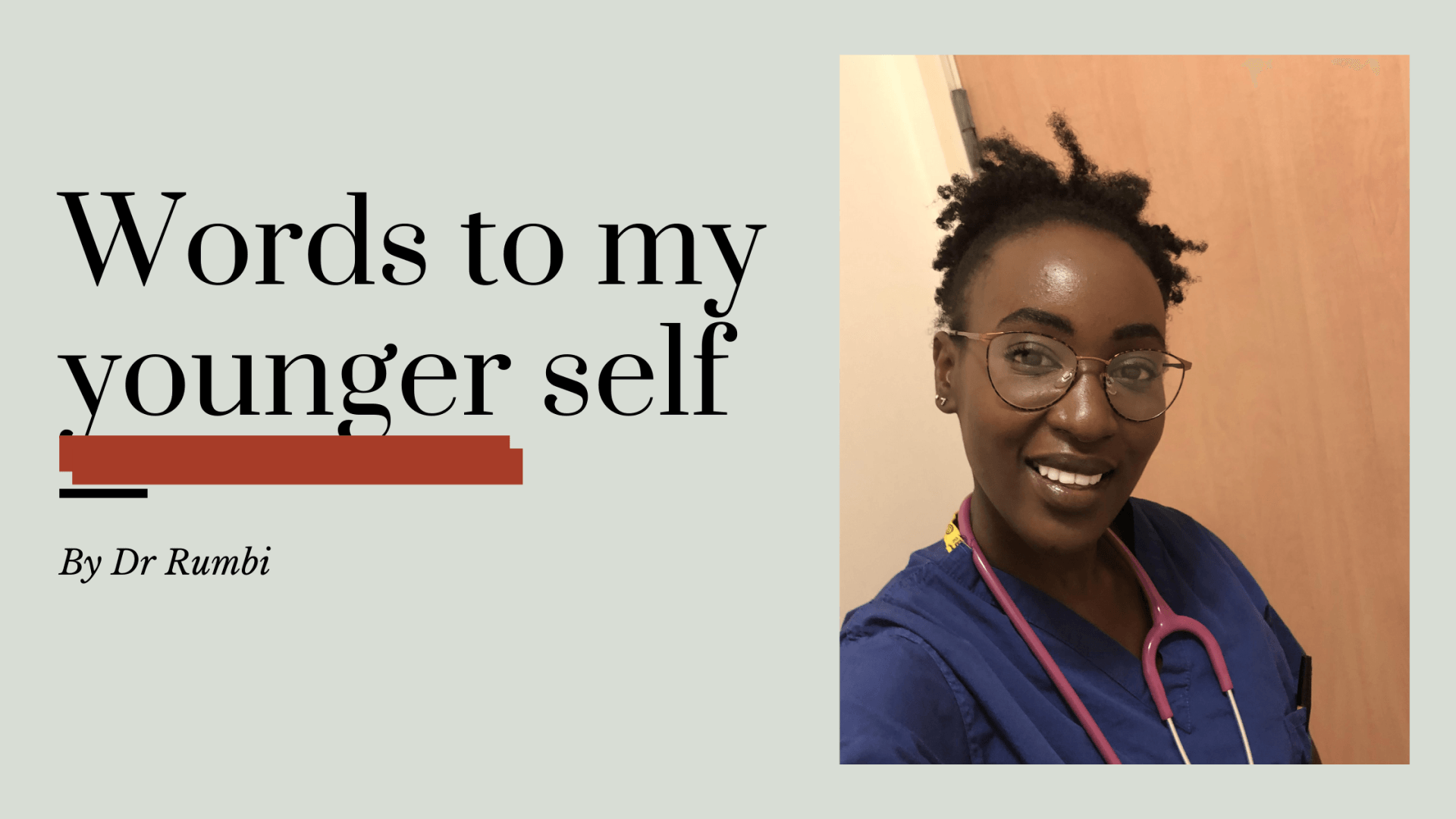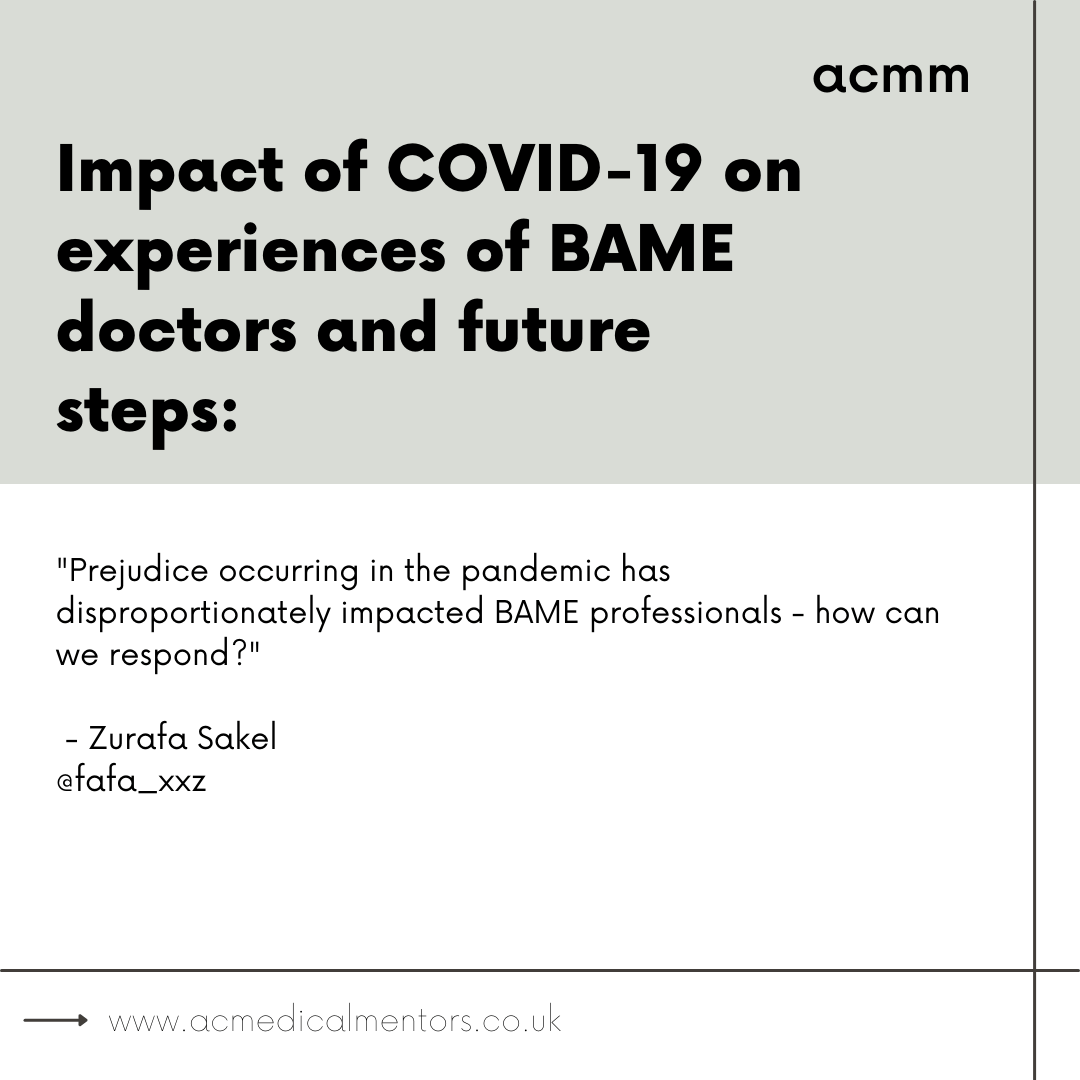The unspoken war: STEM vs humanities

In many ways STEM and the humanities are constantly pitted against each other. To some, STEM is viewed as cold and apathetic, whilst humanities as pertaining more to human existence. Others see humanities as a field that is losing its modern-day relevance, and STEM subjects more forward thinking.
“The truth is both views are wrong.”
However, with the ever-increasing prevalence of STEM graduates within most industries and major companies, it comes as no surprise that degrees within humanities are often overlooked and viewed as non-progressive career options. With the government's shift in focus towards funding for STEM and research, a shift in attitudes towards humanities is reflected in society. If you take a few moments to carry out a quick google search on the most useful majors, without a doubt, STEM degrees claiming the top spots. Another quick search into the least useful degrees and you will surely find yourself looking at Art, History, Philosophy and Religion, as well as Ancient History degrees.
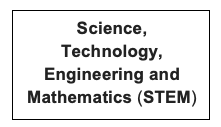
Popular sites such as quora.com could also be seen to act as a microcosm of society, to a certain degree, reflecting societies most popular and widespread opinions. Questions such as, 'Why are humanities majors are so worthless?' unfortunately, are not uncommon.
On the other side of the spectrum, there is a constant media hype regarding science overstepping its boundaries. This is seen, for example, in various headlines regarding designer babies, the underpaid Junior Doctors in the NHS, and in debates discussing the millions of pounds invested in space exploration that could instead be used on earth. These headlines serve to confirm and to contribute towards attitudes in agreement with the idea that science is a field cold and devoid of morality. These topics also inflame furious debate on the purpose and usefulness of scientific research, the extent to which goals for research are efficiently met and whether the advantages outweigh the disadvantages.
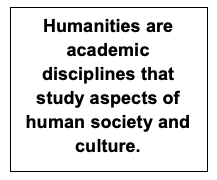
When you look at STEM, you must also look at the physicists, biologists, geologists that are trying to understand the world around us; ecologists, zoologists trying to help us live in harmony with our environments and finally; the chemists, the engineers, the tech designers and the medics trying to increase the standard of living within society.
Evidently, humanity is at the heart of science. It is this humanity that leads us to be inquisitive, to appreciate our environments more, to want to improve lives and make a beneficial impact on human society. In the same way the usefulness of the humanities cannot be underestimated. How else would we improve without the historians that help us to access and interpret humanity’s past, liberating us from previous mistakes? How else could we determine and critically analyse social concepts except through Philosophy and Ethics? How else except through English/ Modern foreign languages would we appreciate the value and beauty of different varieties of communication? To insinuate that humanities are not relevant to modern-day society, couldn't be further from the truth.

“How else could we determine and critically analyse social concepts except through Philosophy and Ethics?”
Yet, as a STEM student myself, I understand an opinion stated without any evidence, irrespective of how eloquently worded it is, is nothing but a claim. So, I invite you to look at the following few examples. Pythagoras, he was an ancient Greek philosopher who happened to also be credited with the invention of the Pythagorean theorem- key in many mathematical operations and several engineering disciplines. Consider the strict code of ethics many scientists are required to know and keep whilst performing research. Lastly, think about the benefit modern foreign languages offers in global STEM projects such as CERN, as well as in charitable organizations, including but not limited to: Oxfam, UNICEF and Save the Children.

Contrary to popular opinion, STEM and humanities are not warring disciplines but are instead unified fields in a symbiotic relationship. They are intricately intertwined, and by choosing to believe otherwise, we are doing ourselves a grave injustice, creating divisions that could possibly hinder the progression of society.
So, with that I can say that this article is wrongly titled. 'A beautiful alliance: STEM and Humanities' would be more fitting.
Article written by Tolu Fabunmi and edited by Elina Daitey
